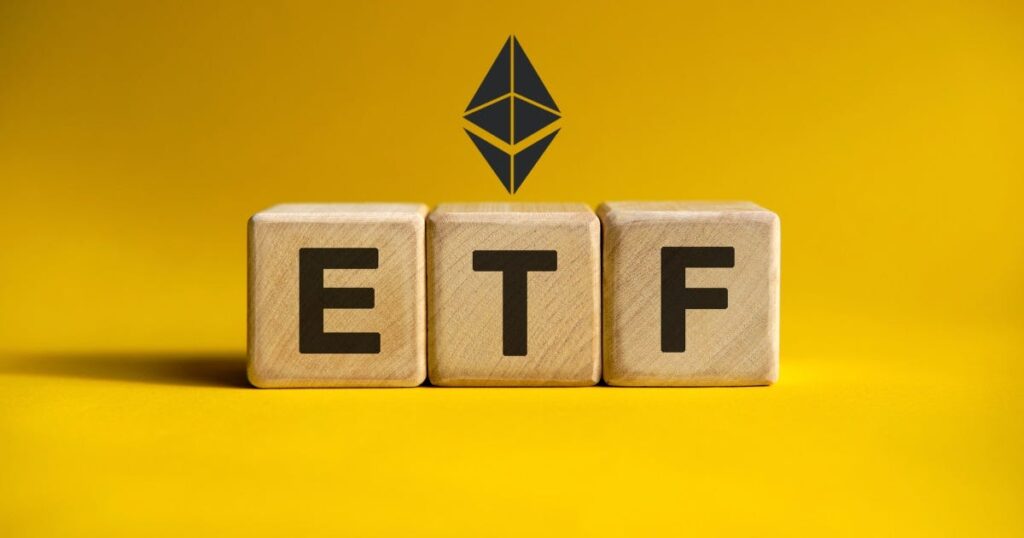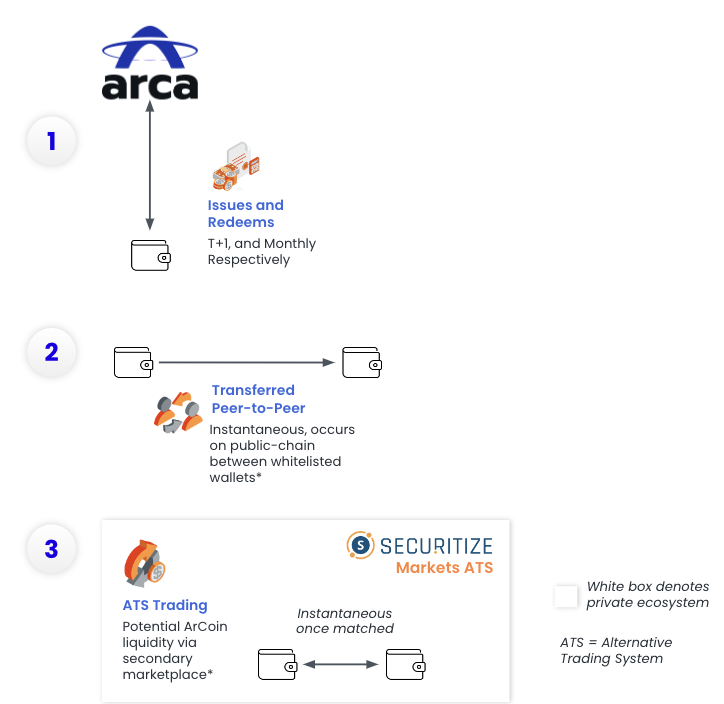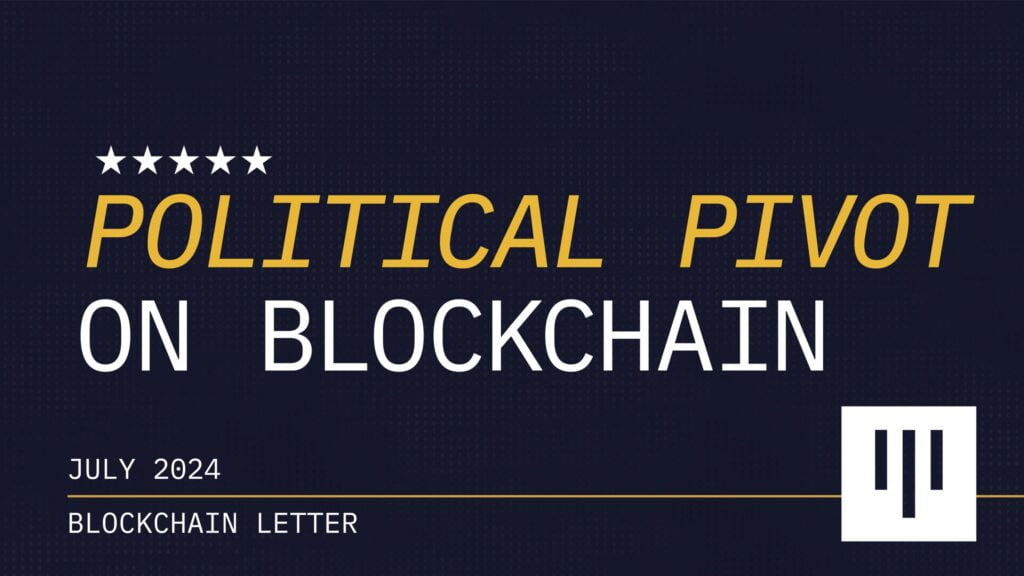Podcast Summary
In this podcast, Justin Bons, the founder and CIO at Cyber Capital, discusses his evolving views on the Solana ecosystem, the importance of scalability and governance in cryptocurrency, and the potential pitfalls of Ethereum’s layer two scaling solutions. Barnes also shares his insights on the role of philosophy in the blockchain industry and the need for intellectual honesty and openness to new information.
Key Takeaways
Changing Views on Solana
- Initial Criticism: Barnes initially criticized Solana for its high node requirements, lack of fee markets, and non-deterministic block production, which he believed made it too centralized and risky.
- Change of Heart: However, Barnes changed his stance after witnessing improvements in Solana’s fee markets, multiple client implementations, and economic models. He now believes that Solana has gained critical mass and is good enough to become more dominant in the blockchain space.
Importance of Scalability and Governance
- Scalability: Barnes emphasizes the importance of scalability in cryptocurrency, criticizing Ethereum’s layer two scaling solutions for their complexity, lack of user choice, and negligible relief.
- Decentralized Governance: Barnes advocates for decentralized governance in blockchain, arguing that it can mitigate the negative effects of power concentration and optimize decision-making. He also highlights the challenges of implementing decentralized governance, such as the reluctance of those in power to give up control.
Critique of Ethereum’s Layer Two Scaling Solutions
- Conflict of Interest: Barnes criticizes the significant amount of funding for layer two development compared to layer one development in Ethereum, arguing that it creates a conflict of interest and a potential governance issue.
- Questionable Viability: Barnes questions the viability of Ethereum’s layer two architecture, arguing that it restricts the potential of the layer one and does not provide a true scaling solution.
Role of Philosophy in Blockchain
- Openness to New Information: Barnes emphasizes the importance of intellectual honesty, humility, and the ability to evolve and learn in the blockchain industry. He values being able to correct oneself and approach subjects with an open mind.
- Intersection of Science and Philosophy: Barnes discusses the distinction between science and philosophy, arguing that while science can answer questions about the material world, philosophy addresses concepts, ideas, and values. He emphasizes the need to view blockchain as both a scientific and social experiment.
Future of Ethereum
- Potential Pitfalls: Barnes suggests that if Ethereum doesn’t change its course, it may not remain one of the dominant blockchains in the future, with alternative layer ones taking its place.
- Importance of Scaling and Decentralized Governance: Barnes argues that empowering people with scaling and decentralized governance is crucial for the success of blockchain projects, and without them, the whole exercise becomes futile.
Sentiment Analysis
- Bullish: Barnes expresses a bullish sentiment towards Solana, praising its improvements and growth. He believes that Solana has gained critical mass and is good enough to become more dominant in the blockchain space.
- Bearish: Barnes expresses a bearish sentiment towards Ethereum, criticizing its layer two scaling solutions and suggesting that it may not remain one of the dominant blockchains in the future if it doesn’t change its course.
- Neutral: Barnes maintains a neutral sentiment towards the blockchain industry as a whole, emphasizing the importance of intellectual honesty, openness to new information, and the need to view blockchain as both a scientific and social experiment.











